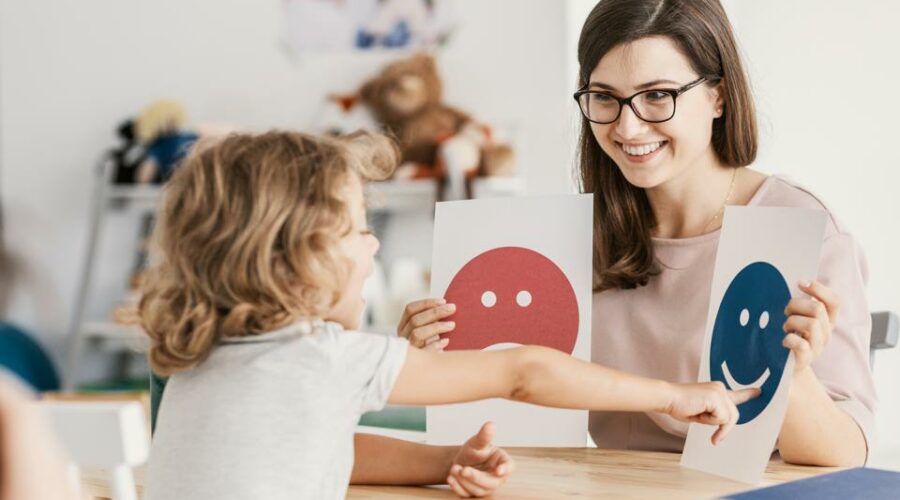Here is a brief overview of educational psychology, with a focus on the following topics:
- The history of educational psychology
- The major areas of study in educational psychology
- The contributions of educational psychology to education
The history of educational psychology
Educational psychology has a long and rich history, dating back to the ancient Greeks. Plato and Aristotle were among the first philosophers to write about the nature of learning and education. In the 19th century, educational psychology began to emerge as a distinct field of study, with the work of psychologists such as Jean-Jacques Rousseau, John Dewey, and William James.
In the 20th century, educational psychology continued to grow and develop, with the rise of new theories of learning, such as behaviorism and cognitivism. Educational psychologists also began to conduct more empirical research on the factors that influence learning, such as motivation, classroom climate, and teacher effectiveness.
Today, educational psychology is a well-established field of study, with a wide range of applications in education. Educational psychologists work in a variety of settings, including schools, universities, and government agencies. They use their knowledge of human learning to improve teaching and learning, develop educational programs, and provide counseling and support to students and teachers.
The major areas of study in educational psychology
Educational psychology is a broad field that encompasses a wide range of topics. Some of the major areas of study in educational psychology include:
- Learning theories: Educational psychologists study how people learn, from the basic processes of attention and memory to the more complex processes of problem solving and creativity.
- Motivation: Educational psychologists study what motivates students to learn, and how to create a classroom environment that is conducive to learning.
- Developmental psychology: Educational psychologists study how children and adolescents develop cognitively, socially, and emotionally. This knowledge is used to create educational programs that are appropriate for different age groups.
- Assessment: Educational psychologists develop and use tests and other assessment tools to measure student learning and development.
- Instructional design: Educational psychologists use their knowledge of learning and motivation to design effective instructional materials and activities.
- Classroom management: Educational psychologists study how to create and maintain a positive classroom climate that is conducive to learning.
- Special education: Educational psychologists work with students with disabilities to help them succeed in school.
The contributions of educational psychology to education
Educational psychology has made a number of important contributions to education. Some of the most notable contributions include:
- The development of more effective teaching methods: Educational psychologists have helped to develop more effective teaching methods, such as cooperative learning, problem-based learning, and inquiry-based learning.
- The creation of more engaging and motivating learning materials: Educational psychologists have helped to create more engaging and motivating learning materials, such as multimedia presentations, simulations, and games.
- The identification of factors that influence student learning: Educational psychologists have identified a number of factors that influence student learning, such as motivation, self-efficacy, and prior knowledge. This knowledge can be used to improve student learning outcomes.
- The development of assessment tools: Educational psychologists have developed a variety of assessment tools that can be used to measure student learning and development. These tools can be used to track student progress, identify students who are struggling, and make informed decisions about instruction.
- The provision of counseling and support to students and teachers: Educational psychologists provide counseling and support to students and teachers to help them overcome learning and behavioral challenges.
Educational psychology is a valuable field of study that has made a significant impact on education. Educational psychologists use their knowledge of human learning to improve teaching and learning, develop educational programs, and provide counseling and support to students and teachers. Educational psychology is an important part of the effort to ensure that all students have the opportunity to succeed in school.





